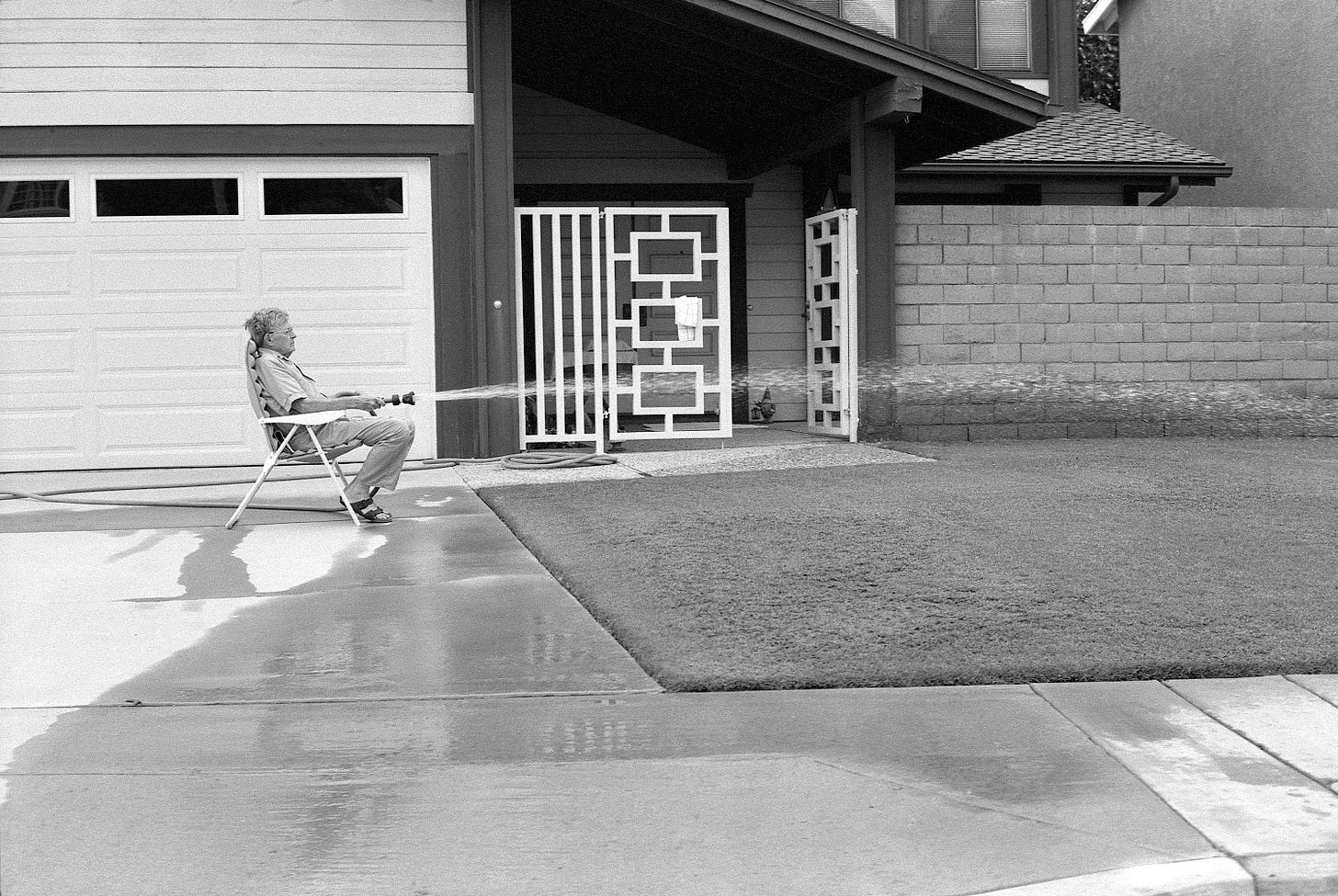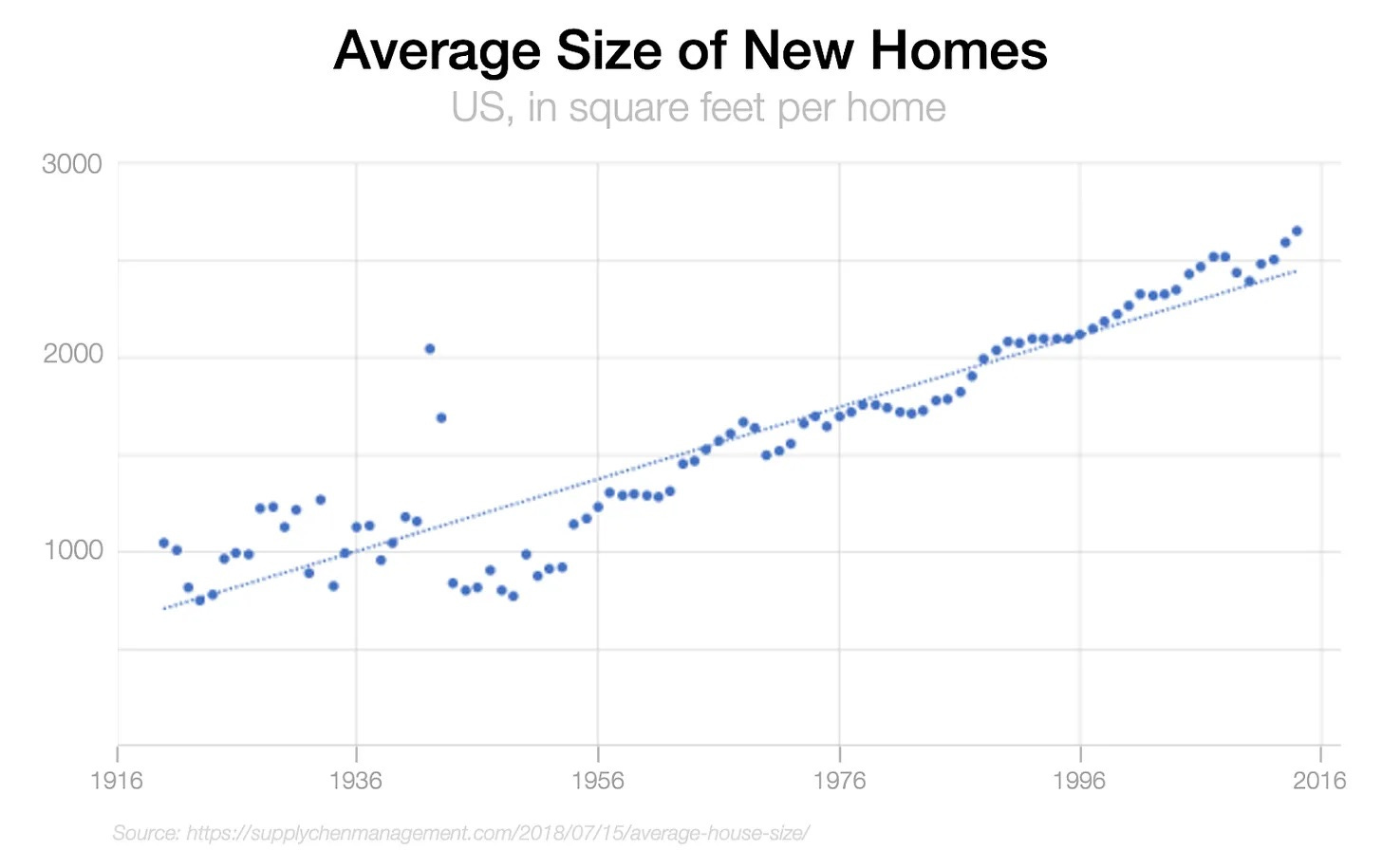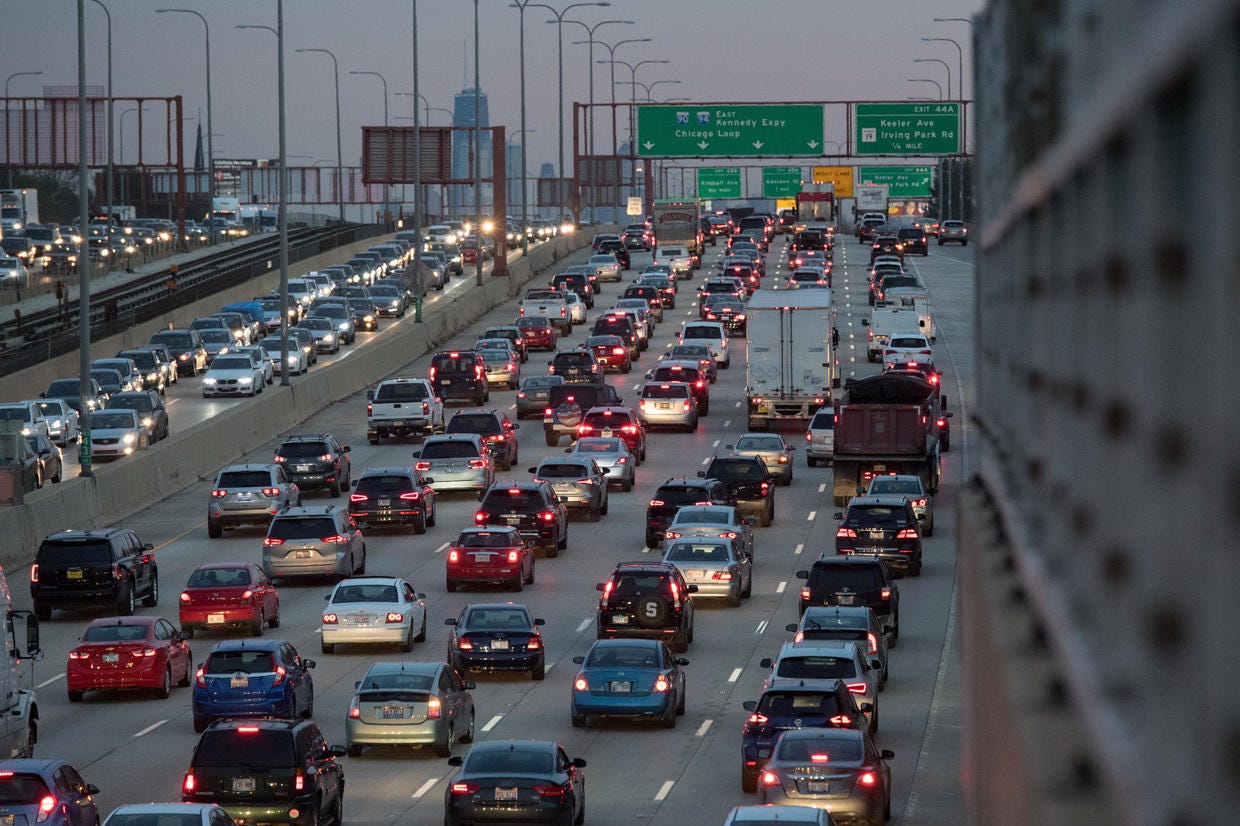Why aren't we happy
Thoughts on the 2024 World Happiness Report
In the 2024 World Happiness Report, the U.S. dropped out of the top 20 for the first time in the report's history1.
Sure it’s great that we rank highest in the world for disposable income per capita. Our obsession with productivity combined with our consumerism habits makes it seem like it’s the only metric we should be concerned about.
People all over the world associate the U.S. with wealth. It appears to be the “land of opportunity”, and in some ways, it is.
But socially, the place is a disaster.
Decline of Social Capital
In his book Bowling Alone, Harvard professor Robert Putnam defines Social Capital as the production and investment in social relationships for both individual and mutual benefit.
It takes three forms:
Bonding - close ties with family, friends, and neighbors.
Bridging - more distant ties between similar people, such as acquaintances or work colleagues.
Linking - relationships between diverse individuals and groups that cross boundaries, such as age, ethnicity, or socioeconomic background.
Think of it as the glue that holds societies together2.
It’s the Informal Golden Rule:
I’ll do this thing for you without any expectation of return, but in the general expectation that someone else in the community will do something for me later on
I think the reason people are unhappy is because Social Capital has been in decline for decades.
There’s been a slow, steady shift in the way we spend our leisure time.
In the past, we spent more time socializing with the other people in our community. We spent more time participating in group activities.
Nowadays, study after study shows that Americans have become disconnected from family, friends, neighbors, and other parts of society. And we’re not just talking about middle-class white people. It’s happened across all sections of the population, no matter the gender, race, or educational background.
But why?
Because for the past century, there’s been a collective effort to live a private life, and unfortunately, we succeeded. The aim has been to move into bigger houses on bigger lots, spread further apart.
Now we live in these oversized, well-stocked homes, with an endless supply of entertainment options, yet people feel lonelier and unhappier than ever.
We forgot that human beings are social creatures.
We feel a primal need to get out and be around other people, but in the U.S., it seems like everyone is so busy all the time, our options are so limited, and we rely so heavily on technology for socializing.
1. Busyness
Not only do Americans work longer hours than all other developed nations, but we also have fewer holidays and less vacation time.
An analysis of holiday letters indicates that references to “crazy schedules” have dramatically increased since the 1960s.
Productivity has become the marker of success. In essence, we've traded our well-being for our next paycheck.
On average, the U.S. offers 10 paid vacation days per year while most European countries mandate 4-6 weeks and the U.S. only has 10 federal holidays, while many European countries have over 15.
We need more leisure time, this obsession with productivity is making us unhappy and tearing us apart.
2. Built Environment
The landscape in most of America is very anti-community.
There is a lack of public gathering places and the way suburbia is set up makes friendships more difficult. People would rather watch the latest Netflix series because it’s easier than going out and meeting with friends. It takes less activation energy.
I get it, when I was living in the U.S., I would get home from my soul-crushing commute after a long day of work and the last thing I wanted to do was get back in my car again to socialize.
It makes me think about what rush hour is like in most American cities versus what I see here in Barcelona.
Instead of commuting straight home and staying put for the rest of the evening, people here leave work and hang out in the plazas and squares. The restaurants and terraces are filled with people enjoying themselves and meeting with friends.
There is life in the streets, it’s not just a big traffic jam.
3. Technology
Another explanation for the decline in Social Capital is that Americans are spending less time with other people because they’re spending more time with their screens.
Modern loneliness masks itself as hyper-connectivity.
People can easily have 1000s of virtual friends, but no one they can ask to feed their cat. All this technology is supposed to help us be more connected, but it’s actually leading to social atrophy.
Just like any muscle, socializing needs regular exercise – and in our new digital age, we're not getting enough reps in.
Pickleball to the rescue?
The good news is, I see this topic gaining more and more attention.
People are craving community.
It might be the reason we’re seeing this sudden pickleball craze. Surgeon General Dr. Vivek Murthy even gave an endorsement saying:
“Pickleball has tapped into something that we’ve known for a long time but need to be reminded of—meeting up in person, getting some exercise, and playing a sport, whether you’re a child or an adult—these are all part of what it means to be human.
We need connection and time with others to thrive, just as we need food and water.”
The lesson here is that economic prosperity alone is not the key to happiness.
Happiness comes from knowing that you’re not alone. It comes from knowing that you’re in a place where people at least care about you on some level. When we’re not feeling happy, when we're not feeling fulfilled in our lives, it affects how we show up at work, at school, and in our communities.
It’s pretty obvious our country is not held together so tightly right now and the composition of our social fabric will determine our future.
These findings from the World Happiness Report serve as an opportunity for us to learn from other cultures.
They may not be as rich as us, but they sure are happier.
Until next time my friends,
<3 B
P.S. - If you enjoyed this post, please consider hitting the ❤️ button, it helps get the message out to more people.
We now rank No. 23, compared to No. 15 last year, and the biggest decline has been amongst young adults.
Social capital also includes things like nodding to a jogger we see on our daily route or having a chat with the barista as he’s preparing our coffee. Studies show that even this very casual form of friendliness has gradually declined.






I mean, the major reason incomes are so high in the United States is because you pay for so many things out of pocket that incomes have to be relatively high, as opposed to any other G7 country where the state pays for more.
When you look at the history of the United States, you just see every key decision shaped by industry/corporate interests. This is a country that has tolerated pro-corporatist governance at the expense of the individual for far too long – and now everyone's suffering under late-stage capitalism as a result. Consider even just the built environment; apparently the car manufacturing industry shaped government decision-making to construct roads over rail. Decision after decision was made in the interest of industry because a rising tide carries all boats or some nonsense that never materialized.
I've lived in countries that are much less wealthy and I've been much happier on a daily basis. What is the point of wealth if it doesn't actually make you happy – if it just isolates you and compels you to work more? No thank you!
The longest study on human happiness from Harvard literally concluded we just need friends 😂. Strong social bonds like partnerships are great too if they’re healthy. In the us we have more and more people living alone as well as a housing crisis in most cities. I think we need more creative living spaces like individual units with shared communal spaces.